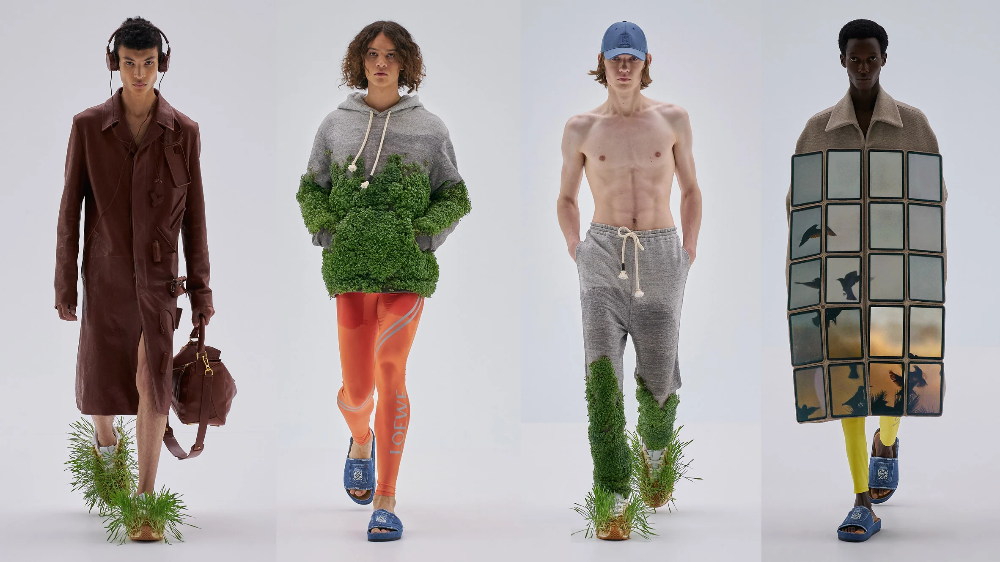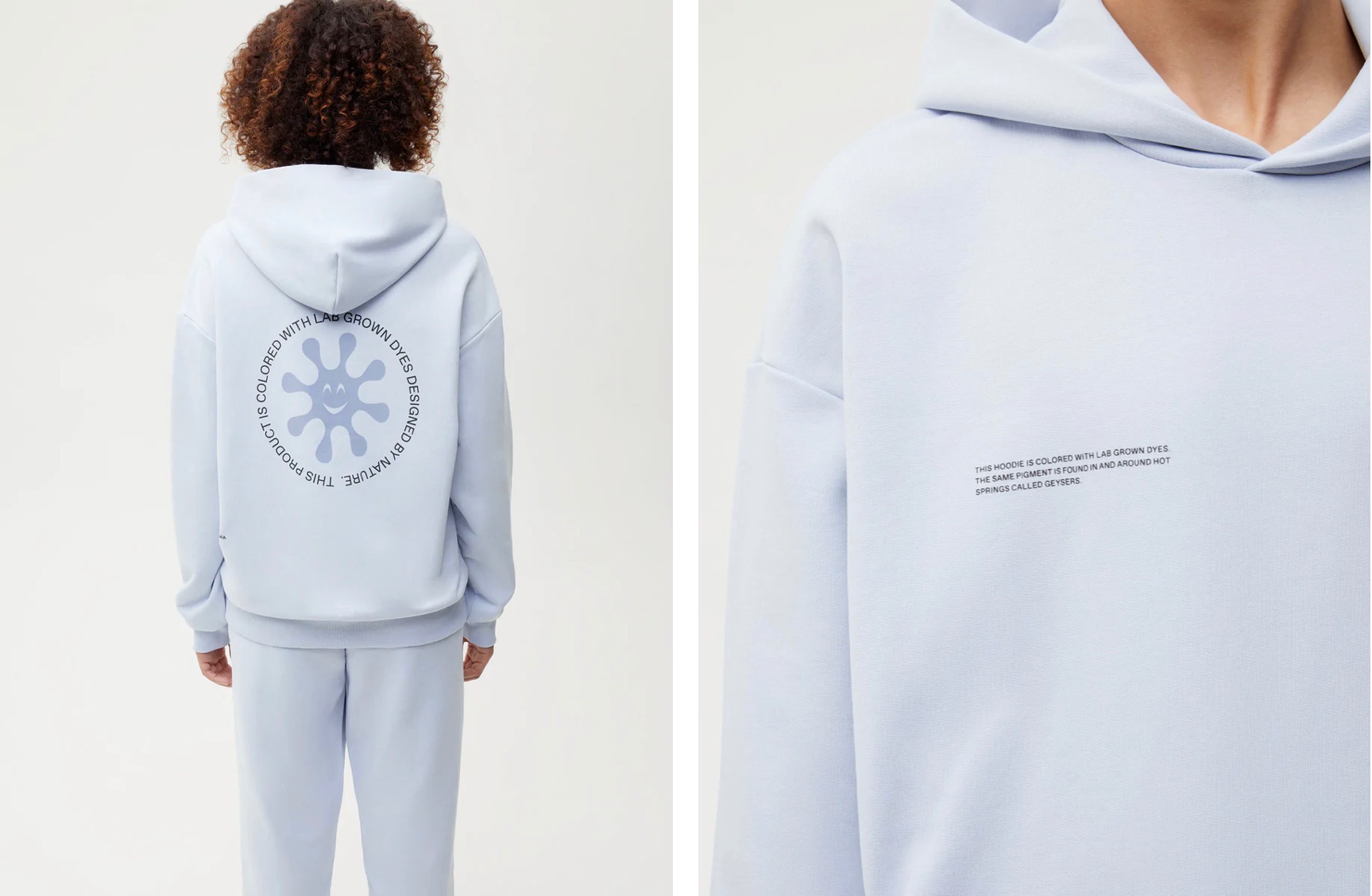Fashion is in Full Bloom, Let’s Remember to Stop and Smell the Roses
Summer invites an air of revived expression. Energised, we invigorate our wardrobes to channel brimming feelings of freedom and abundance. In a world fully bloomed, floral prints are a staple. From the embroidered peonies of China’s Tang Dynasty to Louis Vuitton and Dior’s Spring/Summer 2023 menswear collections, this pattern of botanical inspirations reveal how our earthly attachments are deeply cultural and existential. We project onto the organic layered stories and aspirations, such as, the sensuality of a rose or the positive radiance of a sunflower. Yet, our appreciations for nature tend to stop here. Often, we relish in individualistic comforts, choosing to ironically ignore the thorns that grow from rose-tinted glasses. In reality, cushy thought triumphs proactive action.
The fashion industry plays a well-documented role in our era of environmental degradation. Responsible for 10% of all greenhouse gas emissions, supply chains are a pressing issue fueled by rampant overconsumption. Fast fashion is a dominant force driving forecasts of global clothing purchases to double and exceed 100 million tonnes by 2030. Thankfully, a growing climate justice movement has awakened consumer consciousness. Influential brands are also starting to move with the wind, taking tangible steps to go beyond the convention of greenwashing to truly transform environmental narratives from one of extraction to cooperation and preservation.
Loewe’s Jonathan Anderson spotlighted this dichotomy of “the organic and the fabricated” for the maison’s 2023 Spring/Summer show in Paris. The dystopic 58-look collection was a showcase of botanical experimentation featuring live chia and catswort plants on contemporary silouettes in neutral and earthy hues. Looks were styled with common tech accessories for further juxtaposition. In collaboration with Spanish textile designer Paula Ulargui Escalona, the living pieces were first nurtured in a custom polytunnel for 20 days. An edgy nod to the need for fashion to reconnect with nature, audiences were left to similarly ruminate on what remains of their own disparaged yet inextricable relationships with our world.

This call for elevated cooperation trickles from mouth to source, sparking a growth in biofabric innovations aimed at reinventing the entire fashion supply chain. Currently, only 12% of all clothing textiles are recyclable due to the industry’s overreliance on synthetic fibres. Biofabrics, alternatively, asks not what we can take, but rather, what we can learn from dynamic forces of nature. Production involves proteins and microorganisms, such as collagen and fungi, that helps minimise use of energy, water, and harmful chemicals to form biodegradable textiles. Committed to “new regenerative luxury”, LVMH’s Fendi has launched a two year research initiative with Imperial College London and Central Saint Martins to create lab-grown fur fibres. Luxury competitor Kering is also working with biotech startup VitroLabs to develop cultivated leather.
PANGAIA, a self-proclaimed “materials science company”, is at the forefront of bringing biofabrics to scale. Known for cosy loungewear in land and sea-washed shades, the brand blends awareness and innovation in profound ways. Late last year, the pitfalls of oil-based synthetic dyes was spotlighted with release of a capsule collection colorised by bacteria. Partnered with Colorifix, PANGAIA discovered novel blue and pink hues by fusing microorganisms with isolated pigment genes from plants and silk cocoons. Compared to typical synthetic fibres this nature-led method uses 90% less water. Other sustainable reinventions have included nettle-derived denim and an activewear line made of seaweed. Buyers can now verify the life cycle and manufacturing of their PANGAIA pieces by scanning a QR code or ‘Digital Passport’ on each care label. These efforts powerfully display the light that exists at the end of a road less travelled, a fashion future rooted in greater environmental empathy and intention.

Sustainability innovators in fashion show us that true change requires more than just shifts in buying habits and supply chains. We also need to revisit the stories we tell ourselves about our living world. Specifically, to think beyond our default human-centrism and remember our need for symbiotic coexistence with nature. Maybe then we can truly embody the fruitful liveliness of summer’s ever present warmth in all its colour and diversity.
Post a comment